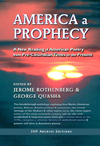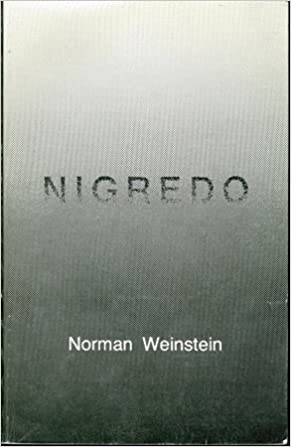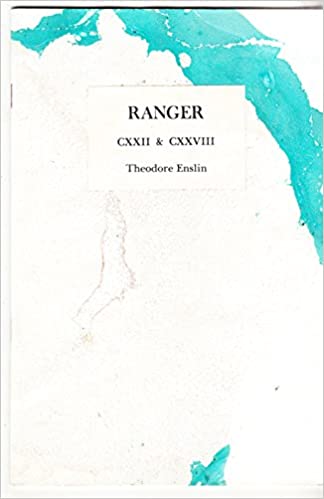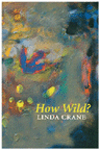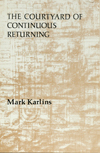Description
Jerome Rothenberg and George Quasha
African American Studies. Native American Studies. When Thoreau wrote in his Journal in 1841, “Good poetry seems so simple and natural a thing that when we meet it we wonder that all men are not always poets,” and when Whitman describes Leaves of Grass as a “language experiment,” they are expressing an approach to poetry that never ceased and has grown continuously during recent decades.
This groundbreaking anthology from the early 1970s takes such an approach in presenting the poetry of the North American continent, from pre-Columbian times to the present. It includes many recognized poets of the period, though appearing here in often unexpected contexts, and others who have been overlooked but whose contributions to the development of poetry are revolutionary. Starting from their own moment, the editors have read back into the more distant past and selected from broad American traditions works that had thitherto been considered outside the realm of poetry proper: the native poetry of the American continent, African-American sermons, blues and gospels, and the sacred, often innovative poetry of such radical religious groups as the Shakers.
The book takes its title from William Blake’s poem presenting the American Revolution as not only a powerful, promising and problematic historical event but the birth of a new development in man’s consciousness—one that finds complex expression in the poetry of a continent. Selections mostly appear non-chronologically in juxtapositions suggesting what T. S. Eliot called the “simultaneous order” of all poetries of all times.

